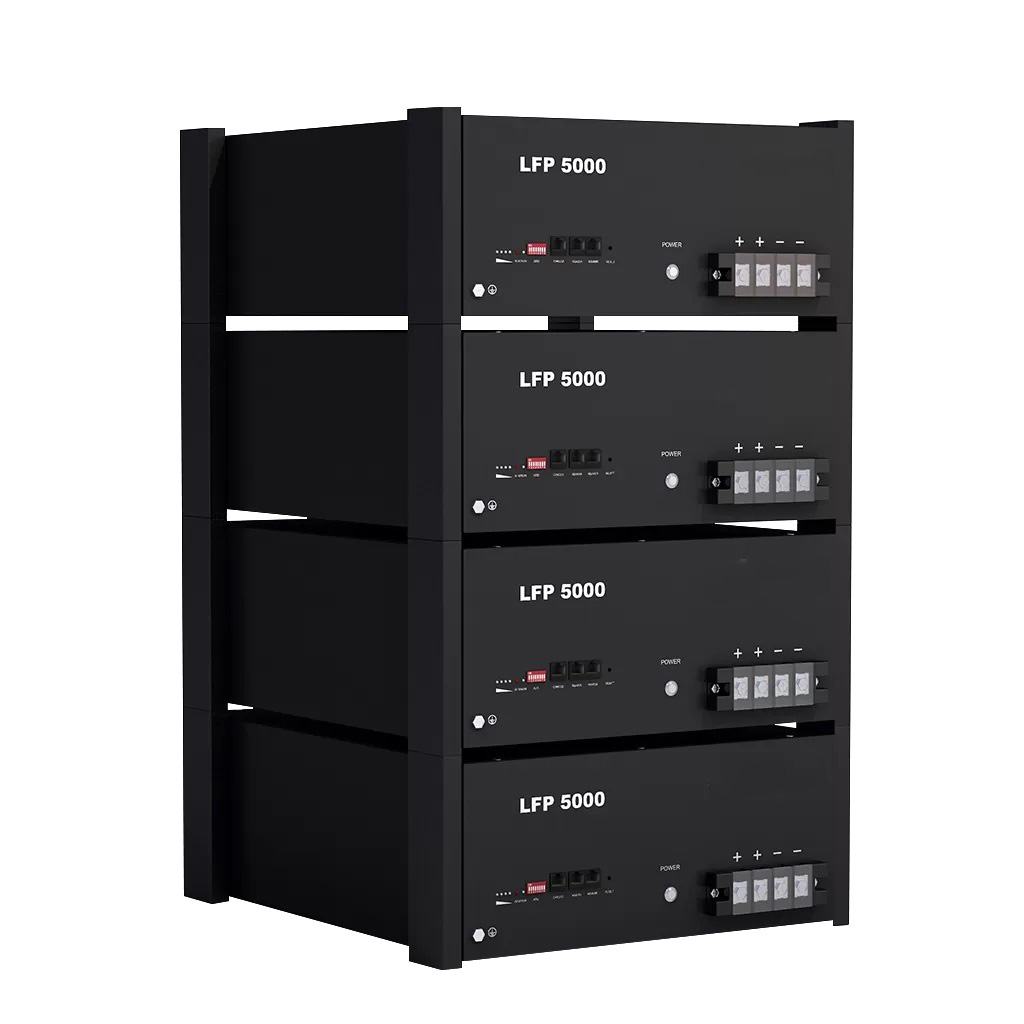Modular Design:
- Rack-mounted lithium batteries are modular, making them easy to scale. Users can add or remove battery modules as needed to meet capacity and energy demands.
High Energy Density:
- Lithium batteries provide a higher energy density compared to traditional lead-acid batteries. This means they can store more energy in a smaller footprint.
Long Cycle Life:
- They typically offer a long cycle life, often exceeding 3000 to 5000 cycles, depending on the battery chemistry (e.g., LiFePO4). This makes them durable and suitable for long-term usage.
Efficiency:
- Lithium batteries have high charge/discharge efficiency, often above 90%, minimizing energy losses during operation.
Safety Features:
- They incorporate advanced battery management systems (BMS) that monitor voltage, temperature, and current to prevent overcharging, overheating, and other safety risks.
Fast Charging:
- These batteries support fast charging capabilities, allowing quicker recovery times after discharge.
Lightweight and Compact:
- Lithium batteries are generally lighter and more compact compared to lead-acid batteries, making them easier to install in limited spaces.
Low Maintenance:
- Unlike lead-acid batteries, which require regular maintenance (like water refilling), lithium batteries are virtually maintenance-free.
Environmental Friendliness:
- Lithium batteries are generally considered more environmentally friendly due to their higher efficiency and lack of hazardous materials like lead.


